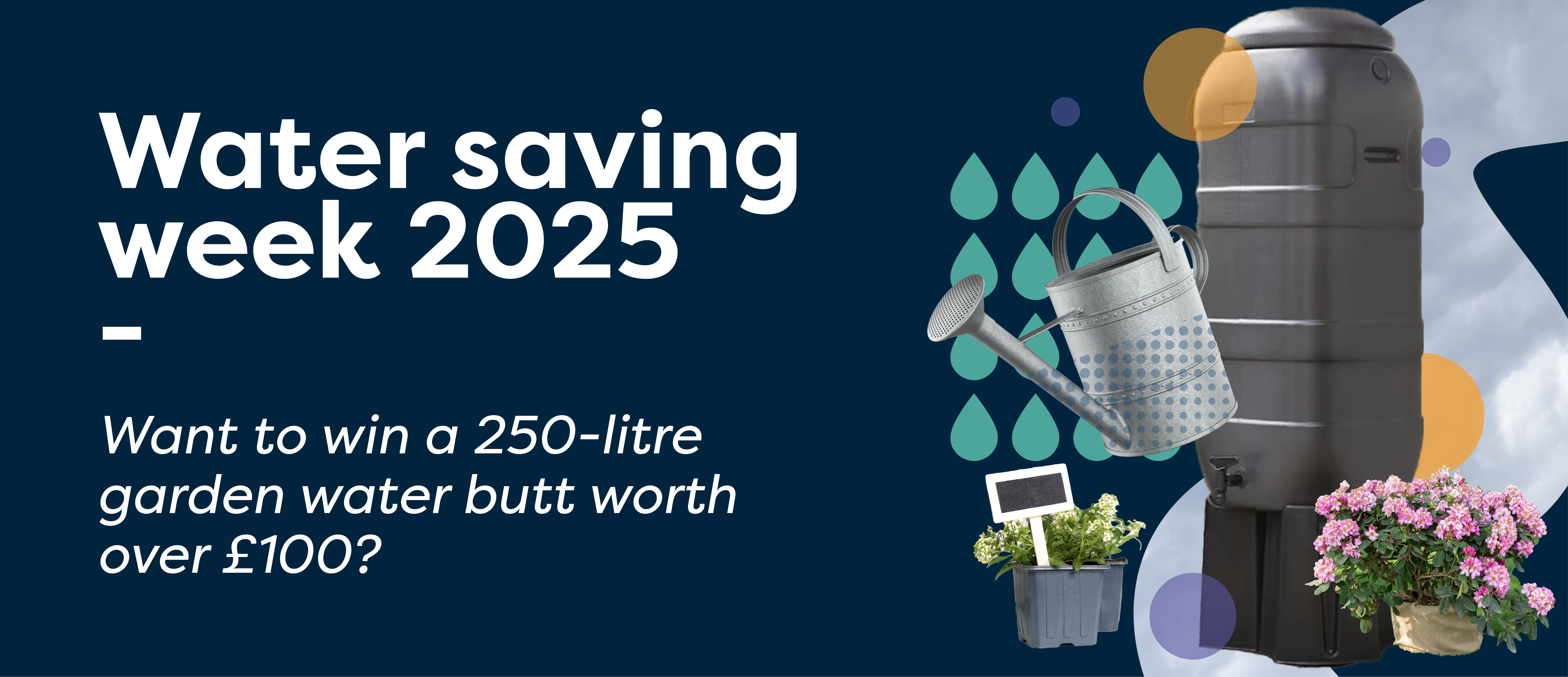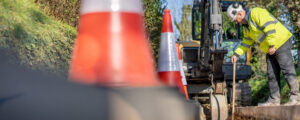
This spring has been particularly dry, and while many of you may be enjoying the sunny weather, we need the wet stuff to ensure we have enough water in our reservoirs to last this summer.
This week is Water Saving Week, and water companies across the UK are teaming up with Water Wise UK to raise awareness about how we can all be more efficient with our water use.
To mark the week, we are running a competition to get everyone thinking about how we can save water!
Want to win a 250-litre garden water butt worth over £100?
Here’s how to enter:
- Get creative and snap a photo showing how you’re saving water (please, no shower selfies!)
- DM us your photo or email it to [email protected]
- Winner will be drawn this Friday at 10:00!
Let’s all make small changes, and make a big difference.




